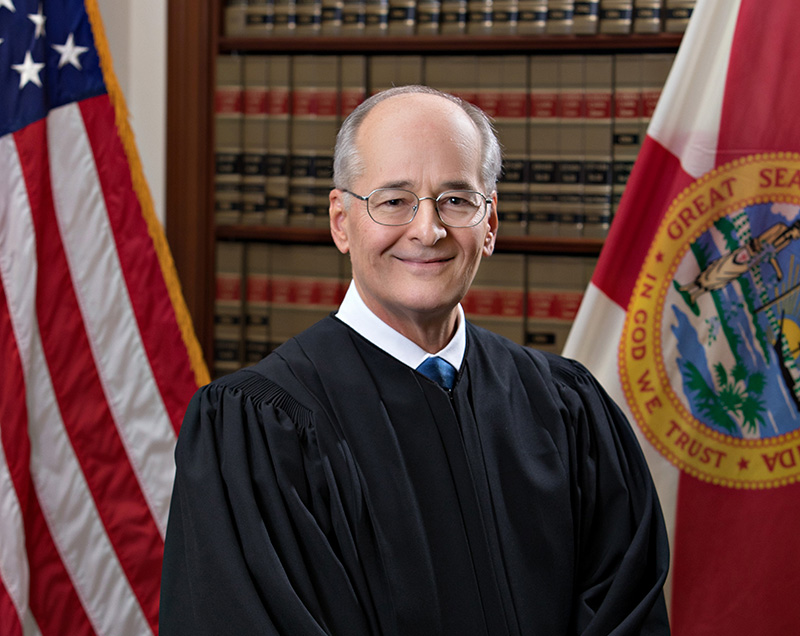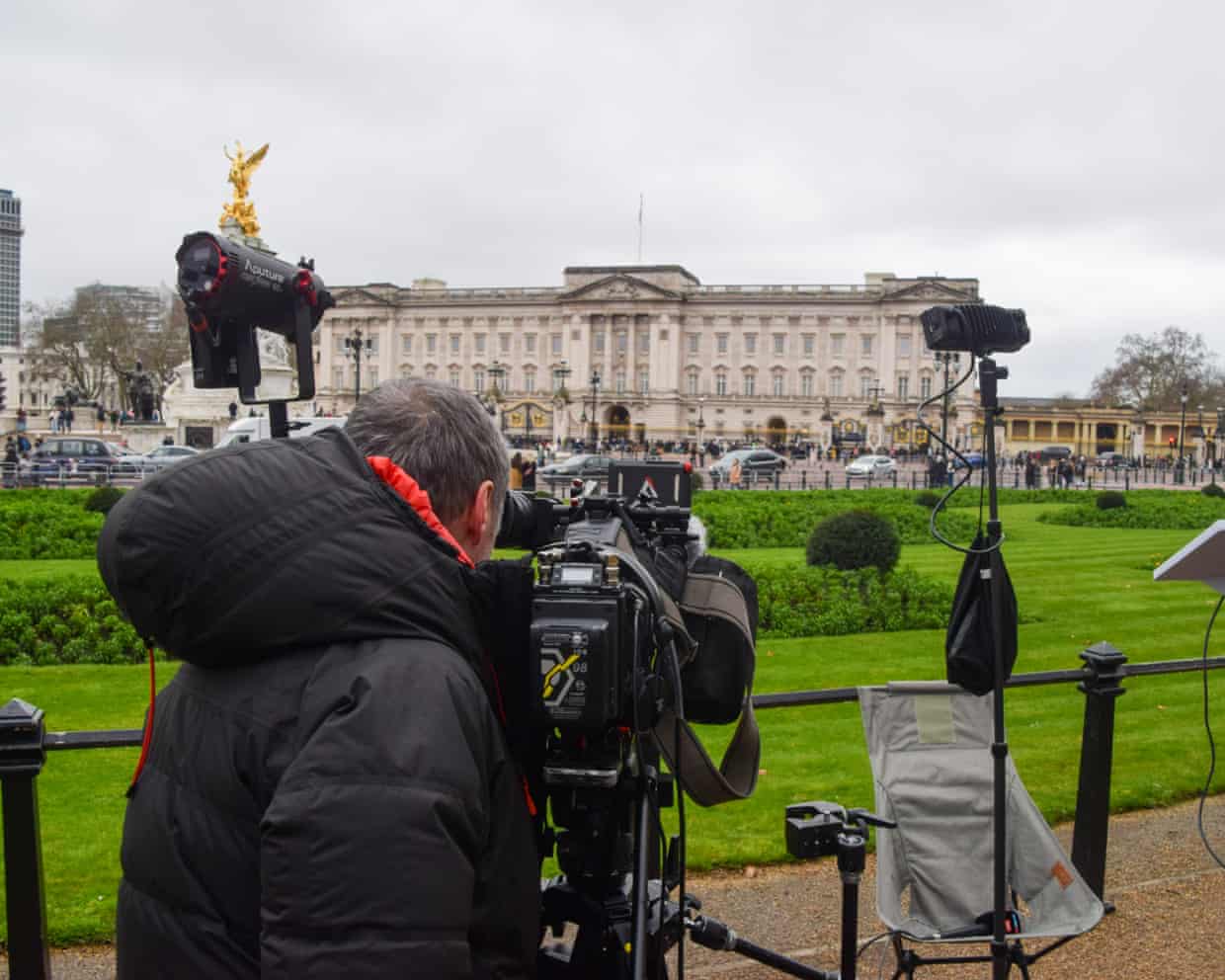Justice Charles Canady, the longest-serving current member of the Florida Supreme Court, has announced his resignation to accept a position at the University of Florida. He will serve as the director of the Hamilton School for Classical and Civic Education, starting in March 2026. Canady, who has served on the bench for 17 years, expressed pride in his time as a justice and a commitment to public service.
In his statement, Canady, 71, referred to his tenure as a “great privilege” and emphasized his appreciation for the opportunity to serve the people of Florida. His departure opens the door for Governor Ron DeSantis to appoint a successor, as DeSantis has already named five of the seven current justices on the Supreme Court.
Canady joined the Florida Supreme Court in August 2008, appointed by then-Governor Charlie Crist, who himself has shifted political affiliations from Republican to Democrat. Over his career, Canady has served as chief justice three times and has a background as a lawmaker, having represented Polk County in the state House from 1984 to 1990 before serving four terms in the U.S. House of Representatives.
During his time as a legislator, Canady established a reputation as a conservative, particularly noted for his opposition to abortion. He co-authored legislation aimed at banning “partial birth abortion” while in Congress and played a significant role in the impeachment proceedings against former President Bill Clinton in 1999.
Canady’s wife, Jennifer Canady, was elected to the Florida House in 2022 and is positioned to become House speaker in 2028. Their family background is notable within the political landscape; Charles Canady hails from a politically connected family in Polk County, where his father served as a longtime aide to former Governor Lawton Chiles.
Transition to Academia
The move to the Hamilton School marks a return to Canady’s earlier aspirations in academia, which he had set aside while pursuing a legal career. Reflecting on his past, he noted, “I had an interest in political science and I thought about pursuing an academic career in that arena.” However, he ultimately found his passion in law, stating, “I have never one day in my life as a lawyer regretted my decision to become a lawyer.”
The Hamilton School, which is part of broader Republican initiatives to reshape education, emphasizes traditional instruction over modern diversity and inclusion efforts. The school describes itself as “leading a higher education revolution,” promoting critical thinking and the foundational ideas of American governance. Its mission is to prepare students to “think deeply, explore widely, speak with conviction, and lead with purpose.”
As Canady transitions from the bench to education, his conservative credentials will likely resonate within the school’s framework, aligning with its objectives to foster a more traditional approach to civic education. This shift not only marks a significant change in his career but also reflects ongoing trends in the political and educational landscape of Florida.
The appointment of a new justice to replace Canady will be closely watched, as it could further influence the ideological balance of the Florida Supreme Court, especially following Governor DeSantis’ conservative overhaul of the court initiated in 2019. As the state moves forward, the impact of Canady’s departure and his future role at the Hamilton School will be a topic of discussion among legal and educational circles alike.





